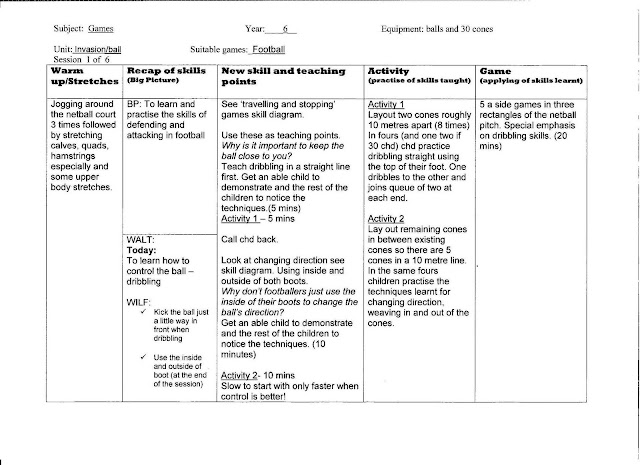Upon further reflection, I realise that I start Kolb’s
learning cycle at various points of entry depending on what I am working
on. When I’m choreographing for myself
and I start with a piece of music that I connect with and resonate with me and
enter at Abstract Conceptualisation. This would be at the point of hearing the
piece of music for the first time.
I then realise that I engage in Robert Kottacamp Key Concept of
reflection-in-action, this is specific to Middle Eastern Dance for me as
generally Middle Eastern Dancers perform an improvisation at a performance and
it is imperative that the dance piece is perfectly executed thus engaging in
the ‘tacit knowledge’.
I have just
realised that when I first started studying Middle Eastern Dance our teacher
was unable to vocalise at times how to engage within the musicality of the
music, or convey the feeling but we could visually see what she was trying to
teach us. I see now that ‘tacit
knowledge’ is a very important component of our unconscious mind, I think
particularly in improvisation. I clearly
understood this from Twyla Tharp extract explaining muscle memory. (Tharp and
Reiter, 2006)..
I hear the words ‘muscle memory’ being mentioned more often at
various classes I have attended recently such as 'Pilates' and 'Zumba'.
I am most interested in reading further Twyla Tharp’s ‘The Creative
Habit’. In particular
how ‘she has to find ways to walk into a room and come up with the goods and make up a dance when she is hired to do
so’ as this may inspire me in my work.
I have been video recording myself whilst rehearsing, as
this aides my learning and critical reflecting and view the performance as
others would see it.
I am realising that I engage with multiple theory and use the tools of reflection and critical analysis in my
profession. I have a variety of dance
teaching jobs so I shift learning cycles unconsciously to suite and adapt to
the situation, event or person.
Do I change and adapt to suit people’s needs or am I
evolving and gaining knowledge and new experiences because I want to? I think I
see myself as someone who continually gathers knowledge, learns and deliver and share this knowledge to new audiences.
I would be interested to hear how you see yourselves?

